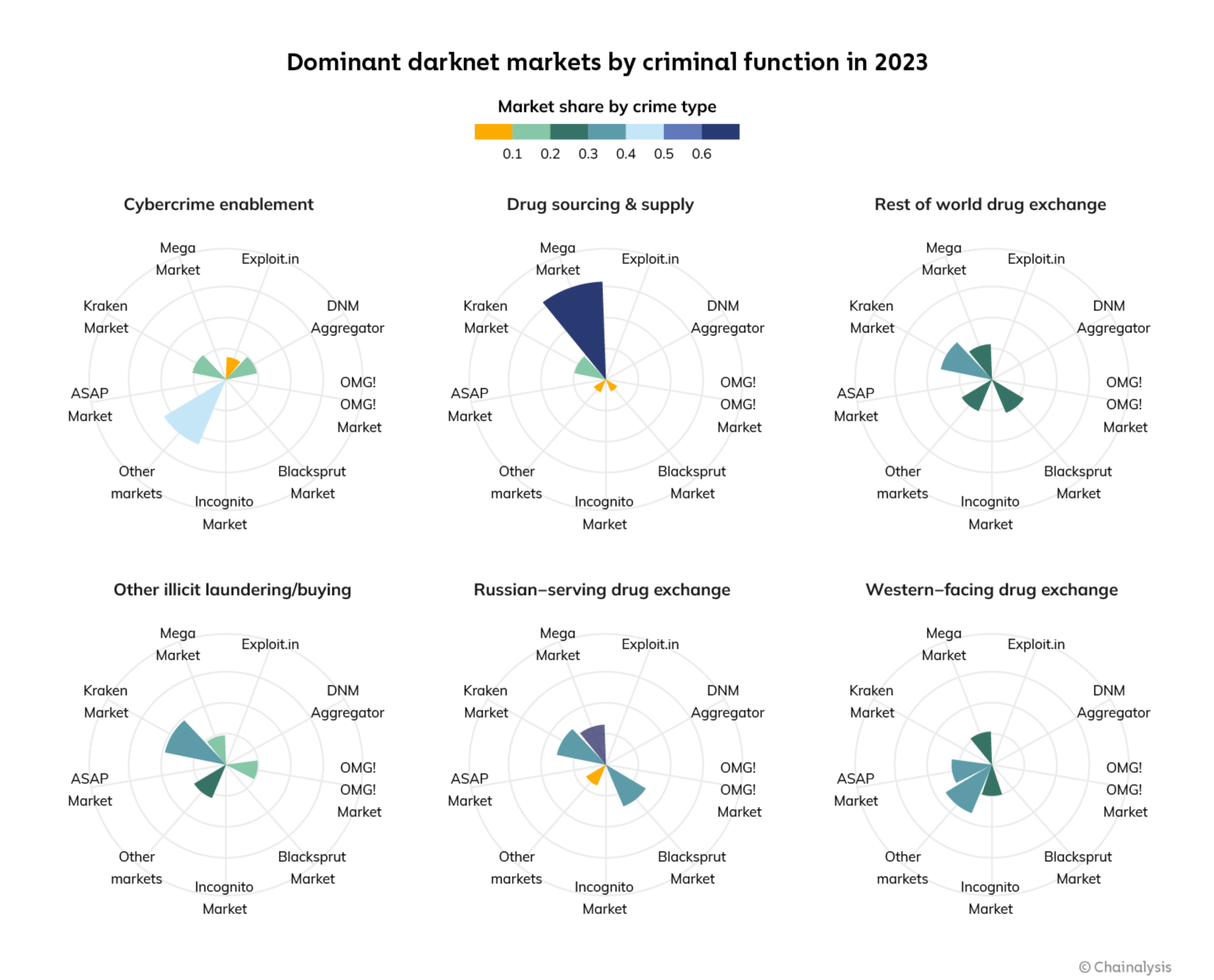The emergence of online shopping has transformed the way we purchase, providing convenience and entry to a apparently limitless array of items and offerings. On the other hand, this digital marketplace also has a obscure counterpart known as dark web marketplaces. Operating below the surface of the internet, these clandestine platforms offer a variety of goods—some lawful but many illegal—that address a wide spectrum of clients.
Exploring the world of the darknet reveals not only the allure of privacy but also the more nefarious motivations behind these exchanges. From criminal drugs and stolen data to counterfeit currencies and dangerous arms, darkweb markets create a unique ecosystem where regulations are limited and hazard is significant. Comprehending the hidden aspects of e-commerce involves delving into these hidden markets and acknowledging their influence on the world.
Summary of Dark Net and its Functionality

The darkweb refers to a segment of the web that is not indexed by traditional search tools and requires specialized software to access. Most commonly associated with the The Onion Router, the dark net provides a platform where users can browse and interact in secret. This anonymity attracts diverse users, including those who wish to protect their identity, as well as those engaged in illicit activities. The darkweb operates distinctly of regular internet protocols, making it a nexus for both constructive and harmful interactions.
Darknet markets are digital platforms located within the dark net that assist the trading of goods and services, often involving unlawful or restricted items. These markets function like to commercial websites but with a focus on privacy and confidentiality. Users can buy various products, including drugs, weapons, and illegally obtained information, usually using digital currencies to further conceal their identities. The architecture of these markets allows for user feedback and assessments, creating a sense of trust among buyers and sellers despite the illegal nature of the sales.
The operation of dark web markets is heavily reliant on encryption and decentralization, which helps to protect the anonymity of both buyers and sellers. Access to these markets is typically allowed through specific applications like specialized browsers, which hides user activity. This setup not only ensures privacy but also complicates law enforcement efforts to monitor and regulate activities within these environments. Despite their illicit nature, dark web platforms exhibit a distinct economy characterized by a range of goods and an evolving set of issues for authorities trying to combat the unlawful trade.
Risks and Dangers of Darkweb Markets
Engaging with dark web markets exposes users to a wide array of dangers, mainly due to the anonymous nature of these platforms. Participants frequently engage in forbidden transactions, which can result in severe penalties if discovered. Law enforcement officials actively observe darkweb activities, and being caught purchasing illicit goods can result in prosecution. This shadowy marketplace thrives on anonymity, but this very aspect can make users vulnerable targets for investigations.

Another significant risk is the potential for fraud and fraud. Many vendors on darkweb markets are not trustworthy, frequently using fake identities to sell phantom products. Buyers can quickly lose their money without any means of recourse, as traditional consumer safeguards do not apply in this environment. Additionally, poorly managed market platforms may vanish overnight, absconding with users' money and personal information with them, creating a sense of insecurity among those who take the risk to engage with these markets.
Moreover, the risk of encountering harmful or dangerous content is high on darkweb markets. Users may inadvertently come across disturbing materials that can have mental impacts or originate from criminal activities. In addition, there is always a danger of exposure to malware and hacking attempts, as malicious actors may seek to take advantage of unsuspecting buyers. This overwhelming of array of threats makes it essential for individuals considering engagement with dark web markets to move forward with utmost care.
Legal Consequences and Law Enforcement Difficulties
The juridical terrain surrounding darkweb markets is complex and constantly changing. Many activities conducted on these platforms, such as narcotics distribution, weapon sales, and data leaks, are prohibited in most regions. This creates a major challenge for police forces, as they must navigate a mosaic of laws that significantly differ between nations. The anonymity provided by the dark web makes difficult the detection of criminals and the trial of illegal acts, making it challenging to determine jurisdiction and initiate legal actions.
Law enforcement initiatives are often hampered by the very nature of the darkweb's structure. Many sites utilize cryptocurrencies to facilitate transactions, further hiding the identities of buyers and vendors. Additionally, these sites are often hosted on infrastructures that can be relocated or closed swiftly, leading to a constant chase between law enforcement and vendors. The ephemeral nature of these platforms means that while one might be closed, others swiftly arise to fill the void, sustaining the pattern of illegal operations.
Partnership between cross-border law enforcement is crucial to combating darkweb activities. However, differences in law codes and the challenges of jurisdiction can cause holdups and inefficiencies. As nations work to enhance their laws and capabilities to tackle these offenses, the constantly evolving tactics employed by dark web vendors remain a continuing challenge. This ongoing battle highlights the necessity for robust legal systems and improved international working together to properly combat the dark side of online commerce. darknet sites
